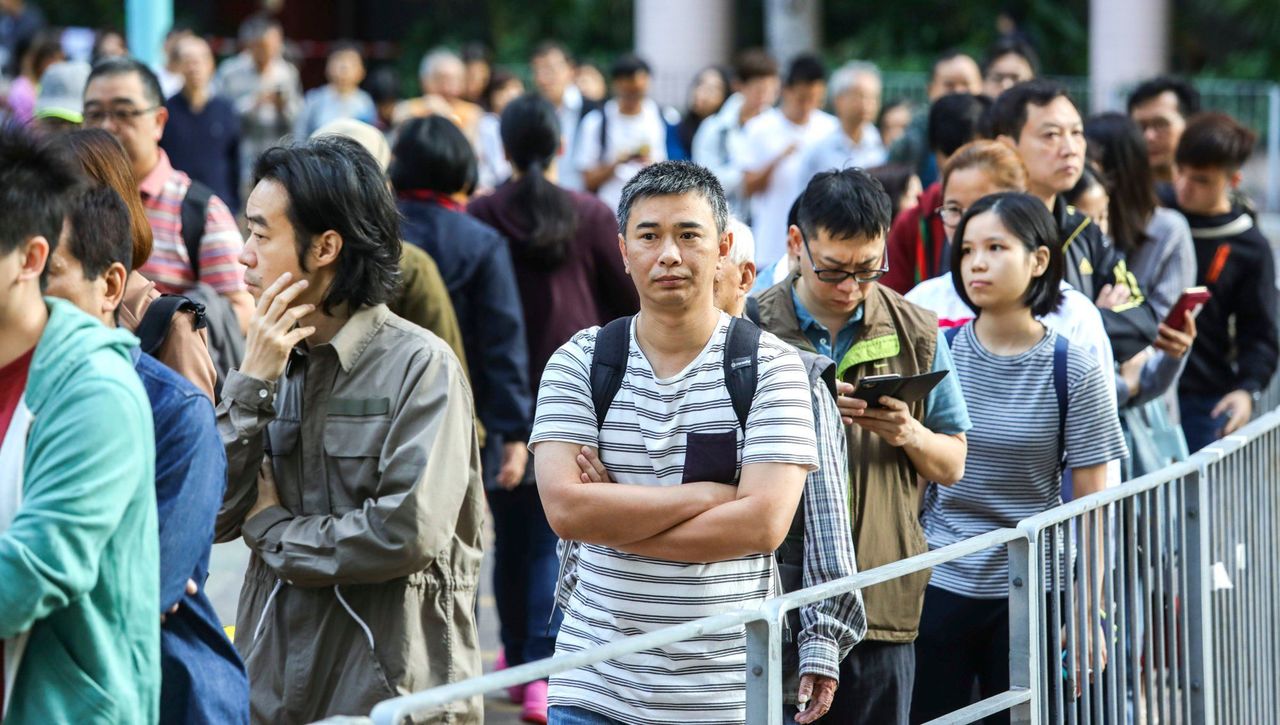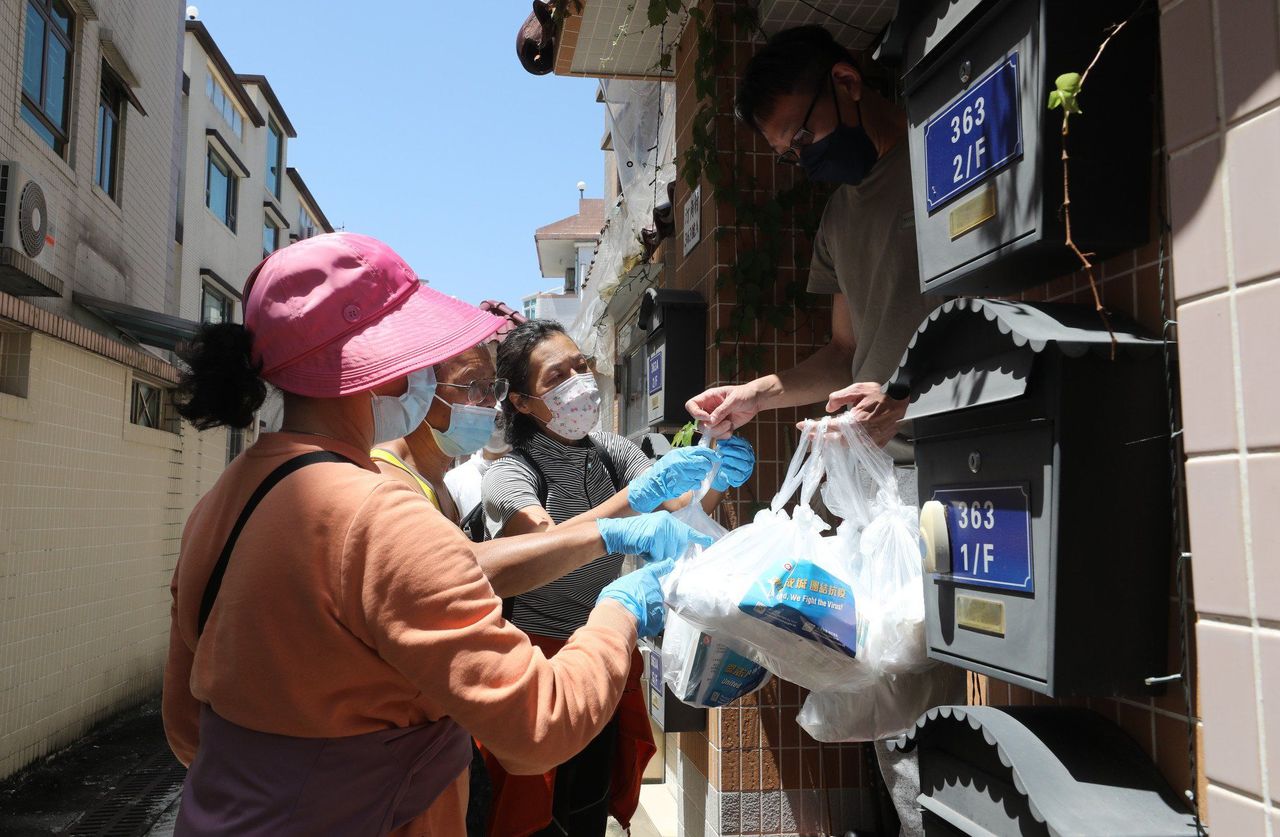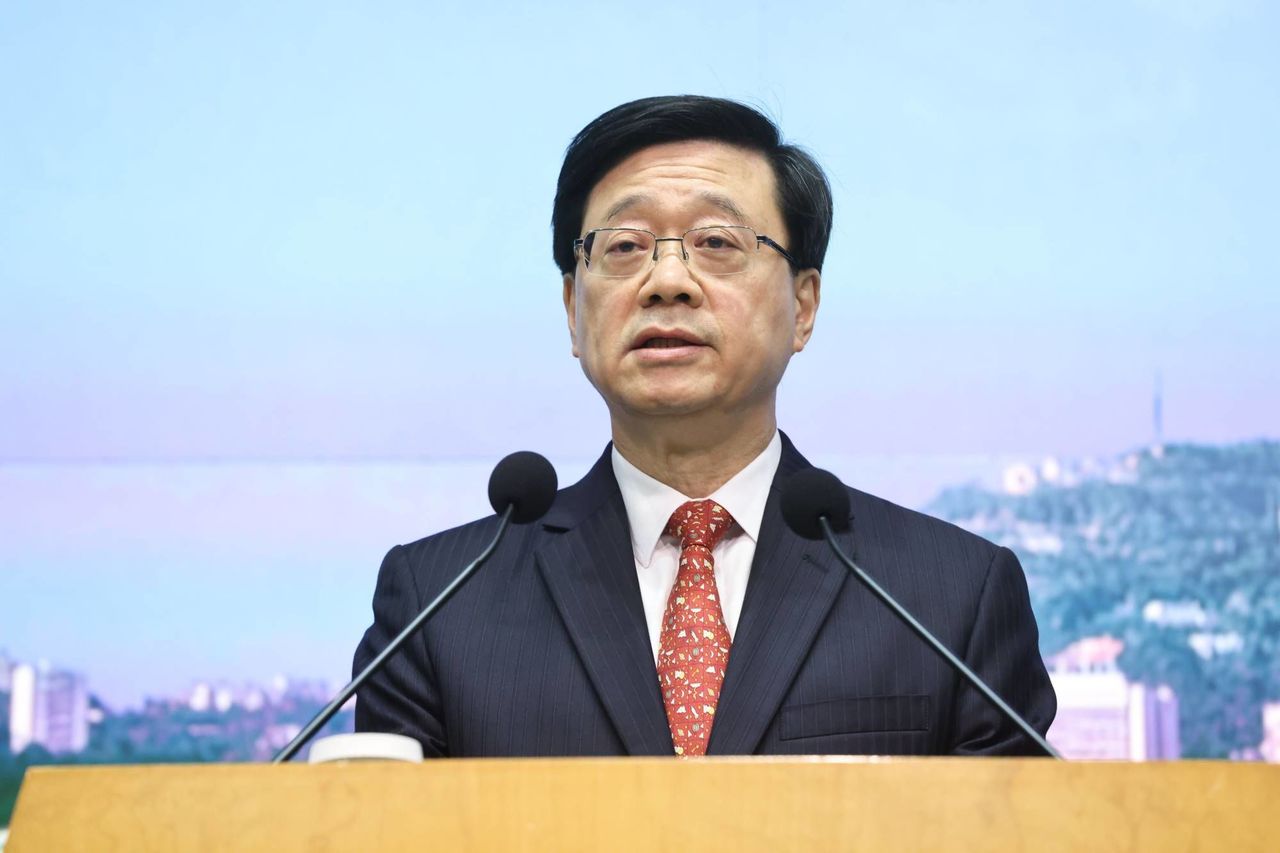Hong Kong News

‘Hong Kong may fill most district council seats by appointment, small-circle vote’
The Hong Kong government will consider filling more than half of district council seats either by appointment or through a vote held by an all-powerful committee packed with pro-Beijing figures, the Post has learned.
The change could involve redrawing the boundaries of the districts, a source on Friday said.
Additionally, a Post review of documents governing 33 new district-level organisations recently appointed to form community care groups found they would be required to hold events promoting the Beijing-imposed national security law, with some asked to organise “patriotic movie screenings” or historical tours. The bodies will be funded by the Home Affairs Department.
 A source said the 1,440-strong Election Committee might be given power
to pick “a significant number” of councillors in the district councils.
A source said the 1,440-strong Election Committee might be given power
to pick “a significant number” of councillors in the district councils.
Months before the district election was expected to be held, an insider familiar with the plan said the 1,440-strong Election Committee might be given power to pick “a significant number” of councillors in the municipal bodies, once the bastion of the now decimated opposition camp.
“This is in line with Beijing’s revamp to expand the function of the committee. I don’t believe there will be a huge backlash, as [incumbent members] are already responsible for picking 40 members in the legislature,” the source said, referring to the electoral overhaul in 2021 to ensure only “patriots” would be allowed to run Hong Kong.
Another source said he had also heard of the plan, adding that together with the possible resumption of a government appointment mechanism, “less than half” of the seats would be chosen by the public.
In the 2019 election, all 452 seats were contested and the opposition camp stormed to a landslide victory following the anti-government protests. But most opposition members quit in 2021 following the implementation of the national security law.
Chief Executive John Lee Ka-chiu last year unveiled a plan for “district services and community care teams”, months after the city’s worst Covid-19 wave hit, straining the overstretched public healthcare sector.
The government on Thursday announced the make-up of two such teams in the Southern and Tsuen Wan districts. Among the 33 chosen district organisations, more than half were either member bodies of major pro-establishment groups or affiliated with them.
A Post review of service terms of the teams covering the 36 subdistricts of those two areas, a new categorisation introduced by the government, indicated all operating organisations were required to hold events to promote the national security law, China’s constitution and the Basic Law, the city’s mini-constitution.
Hoi Bun, a subdistrict in Tsuen Wan, will have “street booths”, while in Tsuen Wan West, a “large-scale parent-child gala” will be held.
Authorities also required groups in other subdistricts to run “patriotic movie screenings”, and recommended films such as My People, My Country and Chinese Doctors.
 Households receive anti-epidemic service bags from volunteer neighbourhood group last year.
Households receive anti-epidemic service bags from volunteer neighbourhood group last year.
In the Clague Garden subdistrict, the chosen group will have to organise historical tours under the theme “Love Our Country, Love Hong Kong”, with visits to the Cenotaph for Martyrs and other related sites to enhance national awareness.
The organisations must also meet non-political targets such as setting up liaison networks with residents, providing services for the elderly to at least 600 households and supporting the government during emergencies.
The chief executive brushed aside accusations that authorities had appointed pro-Beijing groups to these roles to help the organisations garner support from residents ahead of the district council election.
Lee insisted that “loving China and Hong Kong” was just one of the criteria for selecting the district services and community care teams, which aim to support residents in the event of crises and help the elderly and underprivileged groups.
“Organisations must love China and Hong Kong, have the ability to coordinate and mobilise [the community] and have the experience in providing relevant services,” he told the press at the Hong Kong International Airport, after returning to the city from the Boao Forum for Asia in Hainan.
Both Democratic Party chairman Lo Kin-hei and Chinese University political scientist Ivan Choy Chi-keung said they saw the line-up as part of authorities’ efforts to strengthen the groups’ support ahead of the district council election later in the year.
Choy argued that district groups across the political spectrum should be treated equally in the selection process.
 Chief Executive John Lee says a range of criteria are considered for appointing the district care teams.
Chief Executive John Lee says a range of criteria are considered for appointing the district care teams.
Lee pushed back against the claims. “All this speculation is groundless. We believe social harmony can be achieved through integration as long as basic requirements are fulfilled by the groups,” he said.
Each care team will receive funding ranging from HK$800,000 (US$102,000) to HK$1.2 million for a two-year service agreement. Officials from the Home Affairs Department are responsible for scrutinising the work and financial reports submitted by the teams.
Some of the major groups that won the service agreements included the Hong Kong Island Federation, chaired by pro-Beijing lawmaker So Cheung-wing, and Hong Kong Southern District Women’s Association, led by incumbent pro-establishment district councillor Lam Yuk-chun.











